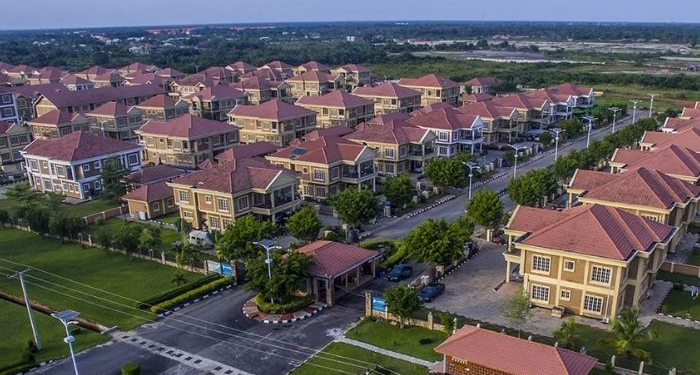The high rate of defaulting tenants has raised concerns among property lawyers and real estate experts, who claim that many home renters can no longer cope with rent inflation. LEADERSHIP learnt.
They noted that the reactionary pricing of rents shows no sign of resilience in the economy, which points to the ongoing pressure in the rental market structure.
Property lawyers and facility management experts also revealed that nearly 90 per cent of landlords in the residential housing sector have increased rents in the past year, and over a third are planning to increase rent before Christmas.
They said these renters are finding their disposable income squeezed compared to their homeowner peers, resulting in a loss of confidence in their ability to acquire their own properties.
Further findings revealed that Property costs are disproportionately eating deep into the incomes of renters’ take-home pay. In contrast, homeowners report spending just over a quarter (26.6 per cent) of their earnings on their mortgage.
In addition, homeowners face additional costs such as renovation costs, maintenance, skyrocketing utility bills, service charges, and certain bills beyond their income levels.
For Landlords to recoup rent turnover amidst the high rate of default, real estate expert and the chairman of the Association of Capital Markets Valuers (ACMV), Chudi Ubosi, affirmed that the economy was taking its toll on businesses and, in effect, tenants, both residential and commercial property owners, leading to a large number of defaults.
Ubosi said the first thing is communication with your tenant, adding that the landlord must be able to show understanding before pulling out or engaging in legal action or whatever.
He advised that, due to the slow nature of the nation’s legal system and the ability of litigants to take advantage of a rent-free period of 6 months/ 12 months, and so on, to vacate a property, landlords can agree with the tenants on this and other subtle ways of settling their disputes instead of approaching the court, hence prolonging the process.
He asserted that it is better to lose 12 months’ rent than to stay in court for four years or more, adjudicating, as this can be mutually agreed upon and signed off on by both landlord and tenant.
Other options he highlighted include reducing rents to ensure the tenant stays or can pay, effective communication with the tenant, and the fact that, most times, the line of action to be adopted can best be determined only after a sit-down, which is why communication by both parties is very important.
Also speaking, Ezekiel Oke, CEO of Greenchell Homes, noted that landlords’ review of rent has caused reactionary pricing, with tenants renegotiating the new rent bid. Some tenants are planning to look for cheaper accommodations that will stabilise their income.
He noted that the skyrocketing rent effects pointed to the ongoing pressures in the rental market, alongside signs of no resilience in the economy. He affirmed that, while some landlords appeared to be approaching rent increases cautiously, the data suggested rental prices remained under upward pressure, with over 90 per cent of landlords arbitrarily increasing rents.
A landlord in Lagos, Gbenga Oremeji, who spoke to a LEADERSHIP correspondent, said landlords continued to play a pivotal role in meeting housing demand nationwide. He added that a survey showed that most landlords took a measured approach to rent increases despite ongoing pressures.
He revealed that many were raising rents but doing so cautiously, balancing inflationary pressures with tenant stability. He also noted that landlords were carefully monitoring the potential impact of regulatory change.
“This latest data gives a clearer picture of how landlords are responding on the ground, not just in terms of pricing, but how they’re thinking about stability, regulation and plans,” he noted.



